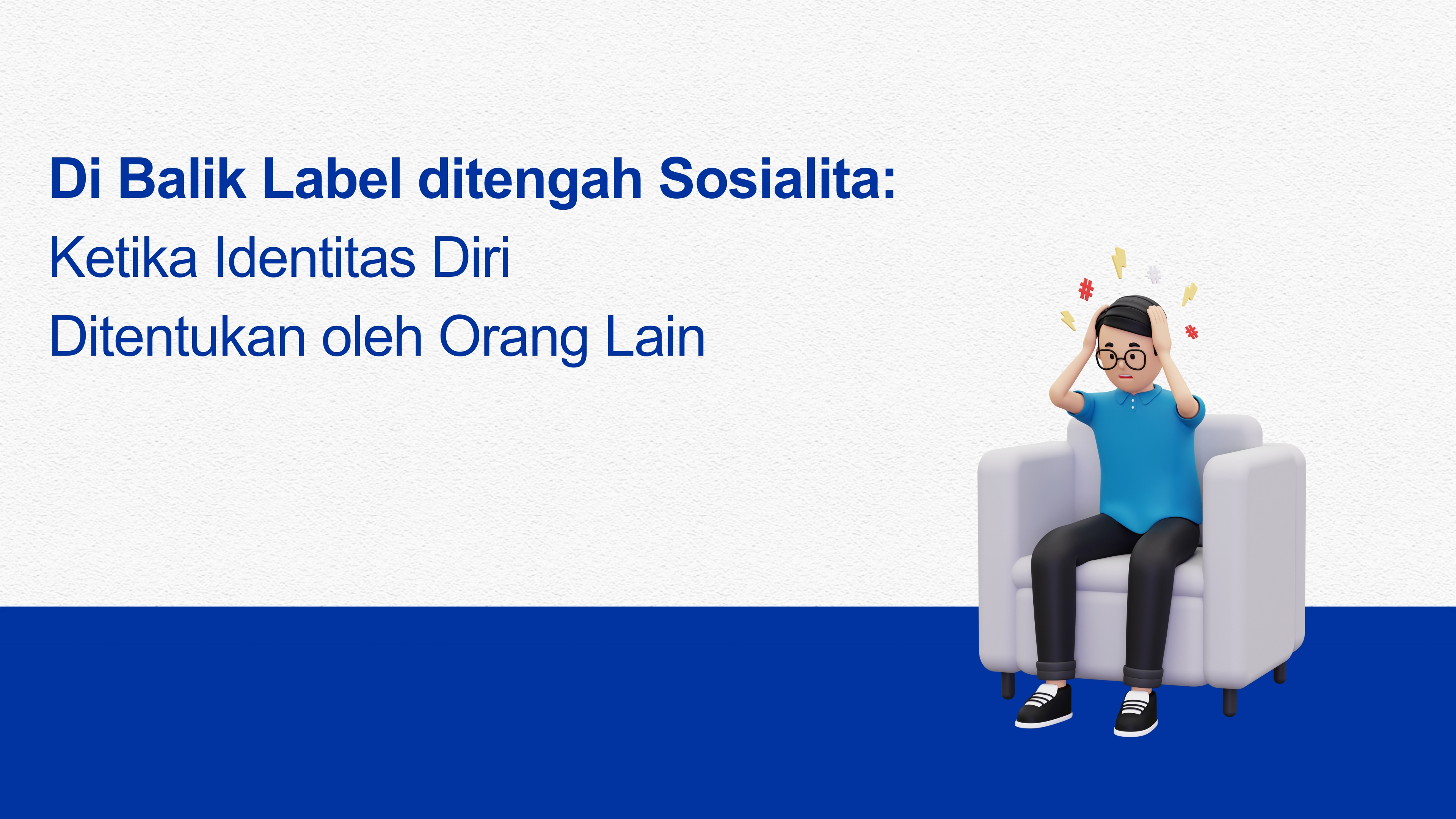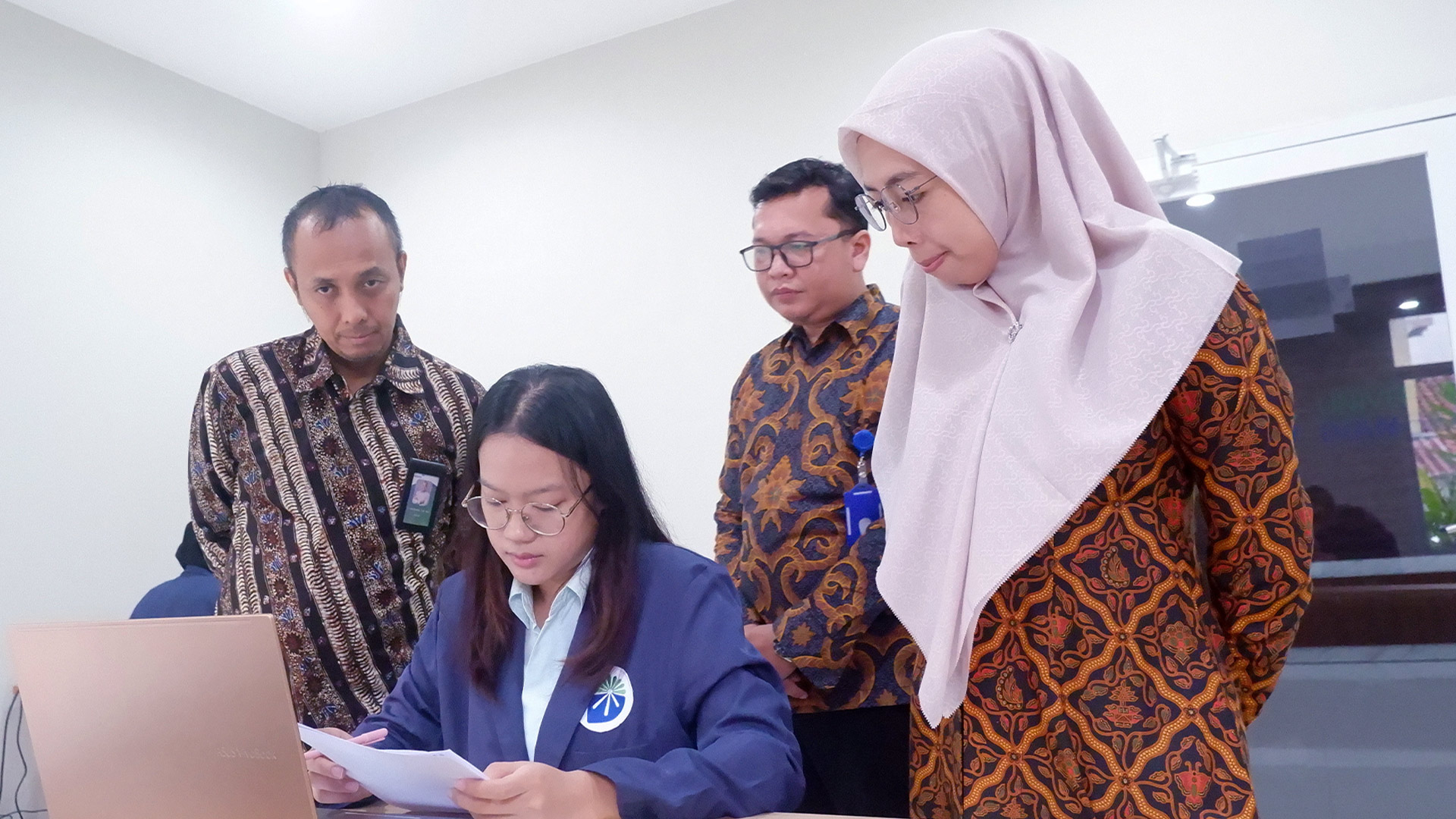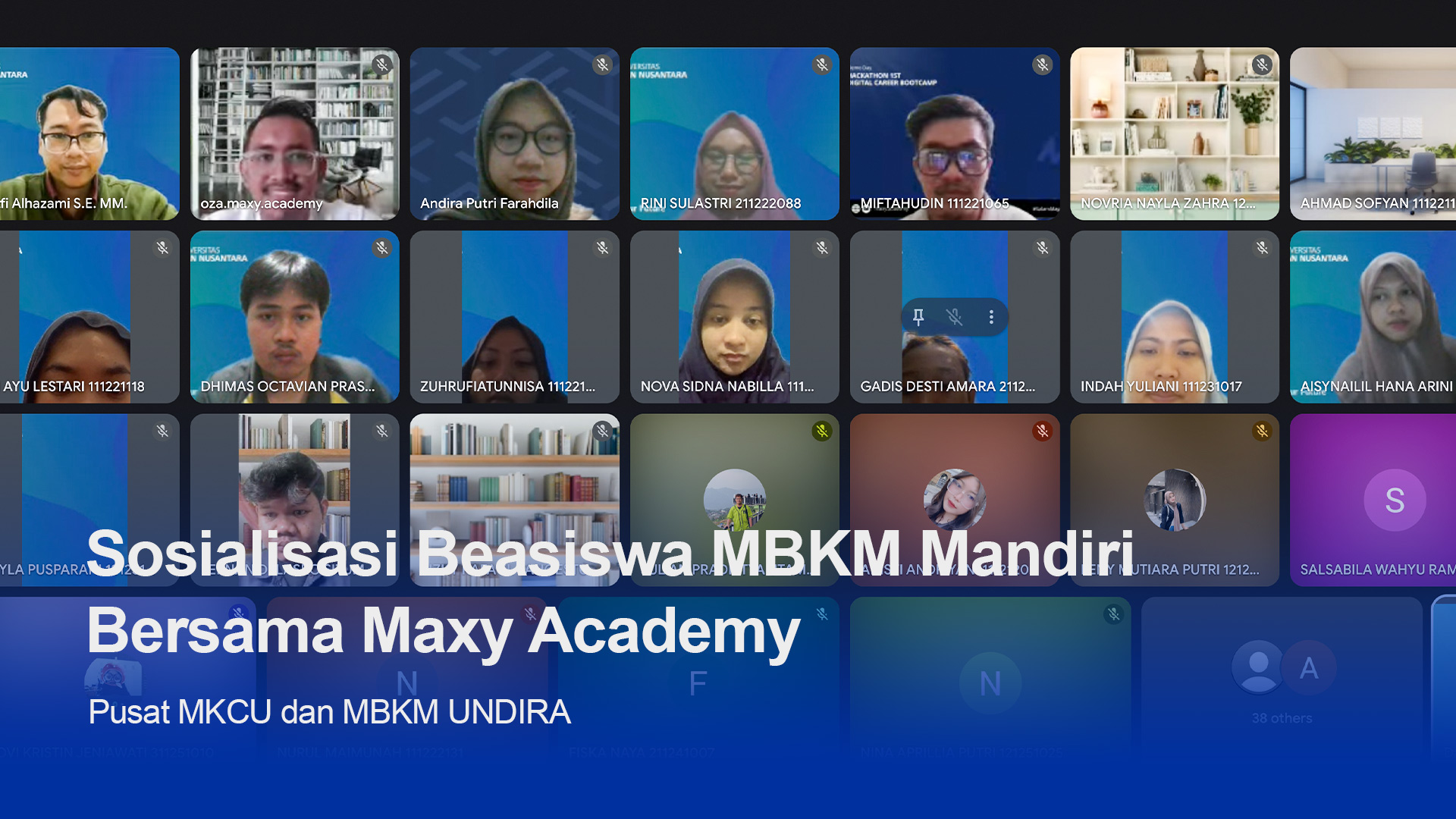Behind the Social Mask: When Labels Shape Identity

In the era of globalization, intercultural, social interaction and information exchange take place rapidly and intensely. Young people are actively encouraged to broaden their horizons—through the exchange of ideas, cultures, and values that shape character and enrich identity. While globalization offers many opportunities, it also challenges the stability of one’s personal and social identity, especially during the critical stage of self-discovery.
Freedom of expression, open dialogue, and active involvement in social life are fundamental to the development of a healthy character. However, within these social processes lies a serious yet often overlooked challenge—one of which is the phenomenon of social labeling.
“Do not judge a book by its cover” — although this phrase may seem trivial, the issue of labeling is closely linked to stigma and discrimination, social inequality, and group-based categorization. Labeling can begin with remarks that, though often disguised as jokes or constructive criticism, carry deeply hurtful stereotypes.
Labeling is the process through which individuals or groups are assigned a particular “label” by society based on perceived behavior, status, or characteristics. These labels often arise from perceptions or stereotypes that are not always accurate—and can be dangerously misleading.
In reality, getting to know a person takes time. Every individual has a different level of openness and carries a unique personality. When approaching others, one might encounter someone who is shy, while others may easily express themselves with charisma and confidence.
The impact of labeling on certain groups—and even individuals—is not to be taken lightly, especially when it touches on issues of ethnicity, race, or professionalism. In daily social settings, jokes involving race, gender, or social class are often considered acceptable—as long as there is a shared understanding between the speaker and listener. However, in other countries, some topics are highly sensitive to even associate with, let alone discuss, due to long-standing social histories and national traumas.
In professional and institutional environments, such remarks have the potential to cause misunderstandings, disrupt teamwork, or even lead to unwanted retaliation. Sensitivity to individual backgrounds and social context is essential—particularly in building healthy and respectful communication.
According to sociologist Jon Gunnar Bernburg, labeling theory emphasizes how a social group assigns a new identity to individuals who are perceived as deviating from expected norms. These labels influence not only how others view the individual, but also how the individual comes to view themselves.
-
Identity Crisis
Individuals who are continuously labeled with negative terms may lose their self-confidence and experience confusion regarding their own identity.
-
Decline in Mental Health and Focus
Labeling can trigger stress, anxiety, and depression—especially when individuals feel excluded or undervalued in their environment.
-
Barriers to Cognitive Development, Social Trust, and Creativity
A person who is constantly belittled or stereotyped may begin to withdraw and avoid expressing their full potential—due to feelings of unworthiness and internalized stress. Over time, this can hinder their openness and ability to engage in social spaces.
In an increasingly connected and complex world—especially within universities and professional environments—the ability to understand rather than judge is key to building an inclusive and empathetic society. This applies not only to external professionalism but also to discovering “what makes people tick” and understanding their inner motivations. While this may be difficult, given the varying degrees of openness among individuals, with the right approach, we can foster communication that is not only effective, but also peaceful.
One’s identity should be shaped by their own awareness and conscious choices—not by labels imposed by others. While it may not be easy, let us work toward creating safer, fairer, and more humane spaces—starting with the places where we learn and work.
(Kornelia Johana Dacosta / Humas UNDIRA)
Press Contact :
Biro Humas & Sekretariat Universitas Dian Nusantara
Facebook : www.facebook.com/undiraofficial
Instagram : www.instagram.com/undiraofficial
Twitter : www.twitter.com/undiraofficial
www.undira.ac.id
Other

Committed to Enhance Student Competence and University Excellence, LSP UNDIRA Conducts Field Assessment
Read more
Enhancing Competency and Internship Readiness: UNDIRA and Maxy Academy Host MBKM Scholarship Socialization
Read more
Safety First! UNDIRA Students Analyze High-Rise Project Using Clash Detection Systems
Read more
Campus Tanjung Duren
Jln. Tanjung Duren Barat II No. 1
Grogol, Jakarta Barat. 11470
Campus Green Ville
JIn. Mangga XIV No. 3
Campus Cibubur
Jln. Rawa Dolar 65
Jatiranggon Kec. Jatisampurna, Bekasi. 17432







